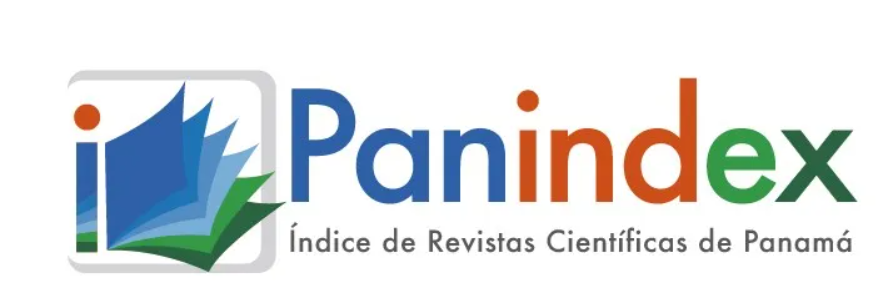The content of the publications and the links suggested in them are the sole responsibility of the authors and not of the METROPOLITAN UNIVERSITY OF EDUCATION, SCIENCE AND TECHNOLOGY (UMECIT) or CATHEDRA magazine. They are protected by international copyright laws just as the UMECIT and CATHEDRA logos, hence their reproduction is totally prohibited
This work is licensed under a Creative Commons Attribution-NonCommercial-NoDerivatives 4.0 International License.
The authors maintain the copyright and transfer the right of the first publication to the journal, with the article registered with Creative Commons Attribution-NonCommercial-NoDerivatives License, which allow others They can download the works published in this magazine and share them with other people, as long as their authorship is recognized, but they cannot be changed in any way nor can they be used commercially.
Authors are recommended to include their work in social networks such as Researchgate and institutional repositories once the article or visible fact has been published on the journal page, without forgetting to include the digital document identifier and the name of the journal.



Abstract
Para poder tener claro, en qué consiste la institución jurídica de la expropiación, es importante tener claro primeramente, qué es la propiedad privada, y cómo recoge este concepto las normas constitucionales, y en general el derecho objetivo.
En este hilo de pensamiento, la propiedad debe entenderse como aquella relación inmaterial, es decir, creada por derecho entre una persona natural o jurídica, y una cosa, sea inmueble, mueble o semoviente, siendo pues esta relación la que permite usar y disfrutar con plenitud de la cosa que se trate.
Por su parte, la propiedad privada no es más que el derecho particular o proindiviso, correspondiente a una o varias personas respectivamente, pero excluyente del aprovechamiento colectivo. Este concepto que elevado al podio de las garantías fundamentales de los individuos, lo recoge nuestra Constitución Política de la República de Panamá, en su artículo 47, al establecer que «Se garantiza la propiedad privada adquirida con arreglo a ley por personas jurídicas o naturales». De forma análoga la Constitución de la República de Colombia, en su artículo 58, también concibe la propiedad privada como una garantía fundamental, tal como la reconoce la Constitución del Reino de España, en su artículo 33.1, garantizando el derecho a la propiedad y a la herencia. Es pues este derecho fundamental, el que garantiza no sólo el libre y legal apoderamiento de cosas, por parte de los particulares, sino que tiene como objetivo configurar el tipo de economía que regirá en la nación panameña, es decir, una economía liberal.
References
Downloads
Publication Facts
Reviewer profiles N/A
Author statements
- Academic society
- Universidad Metropolitana de Educación, Ciencia y Tecnología
- Publisher
- Universidad Metropolitana de Educación, Ciencia y Tecnología

















